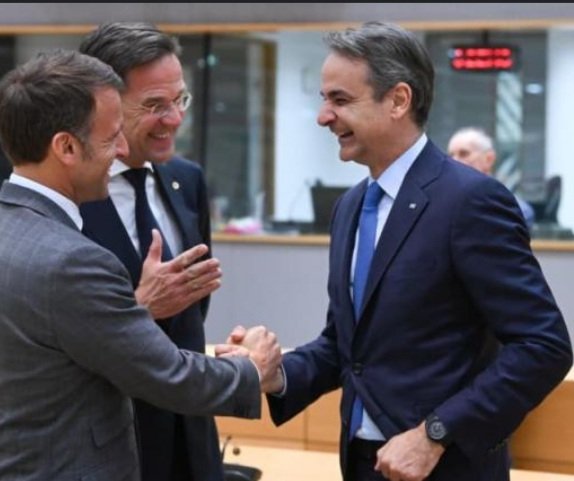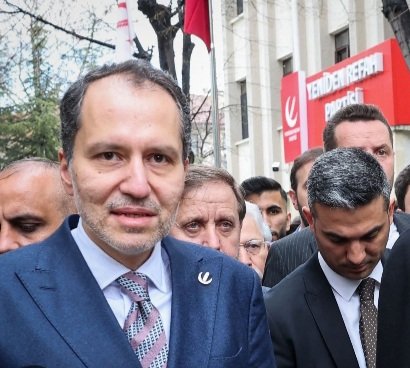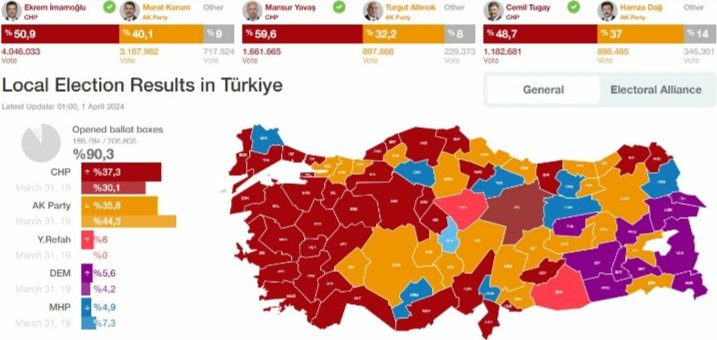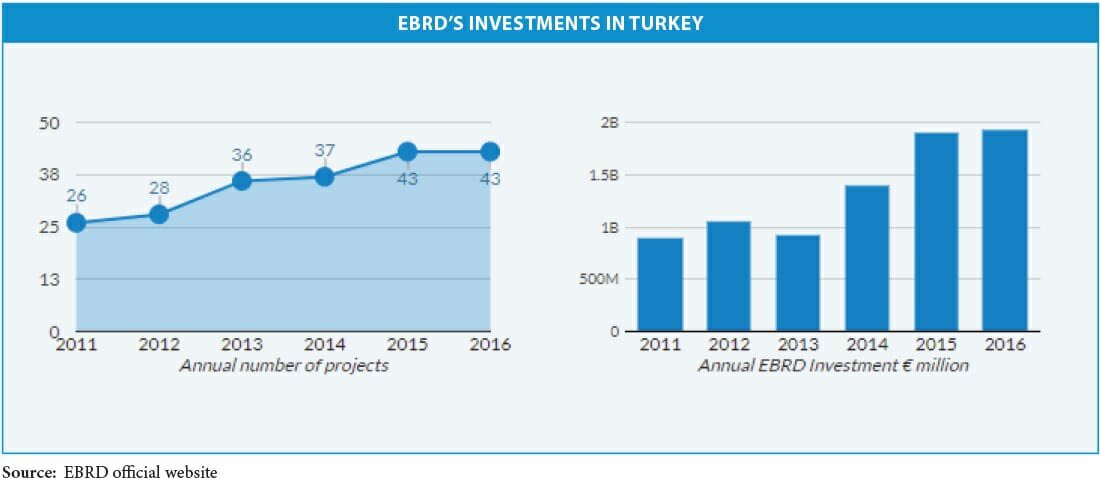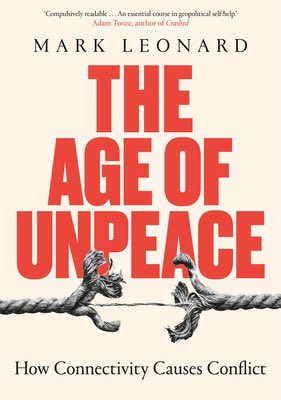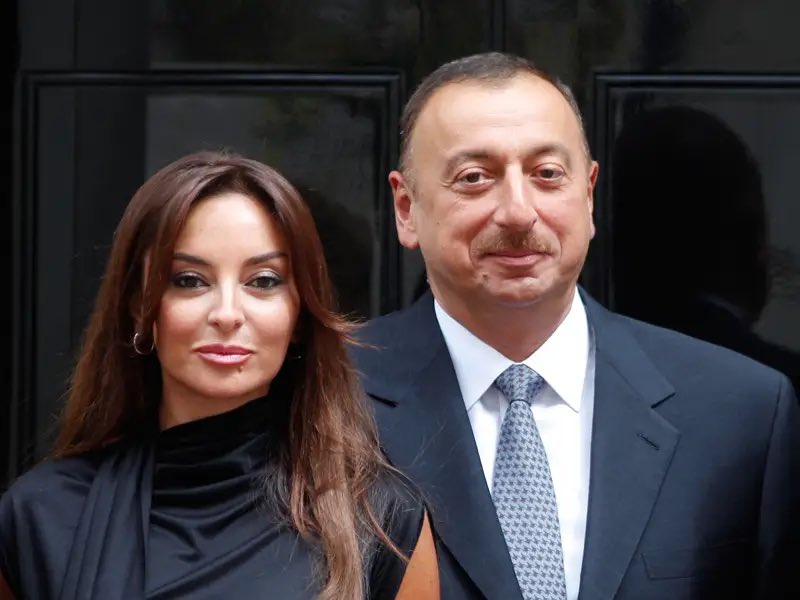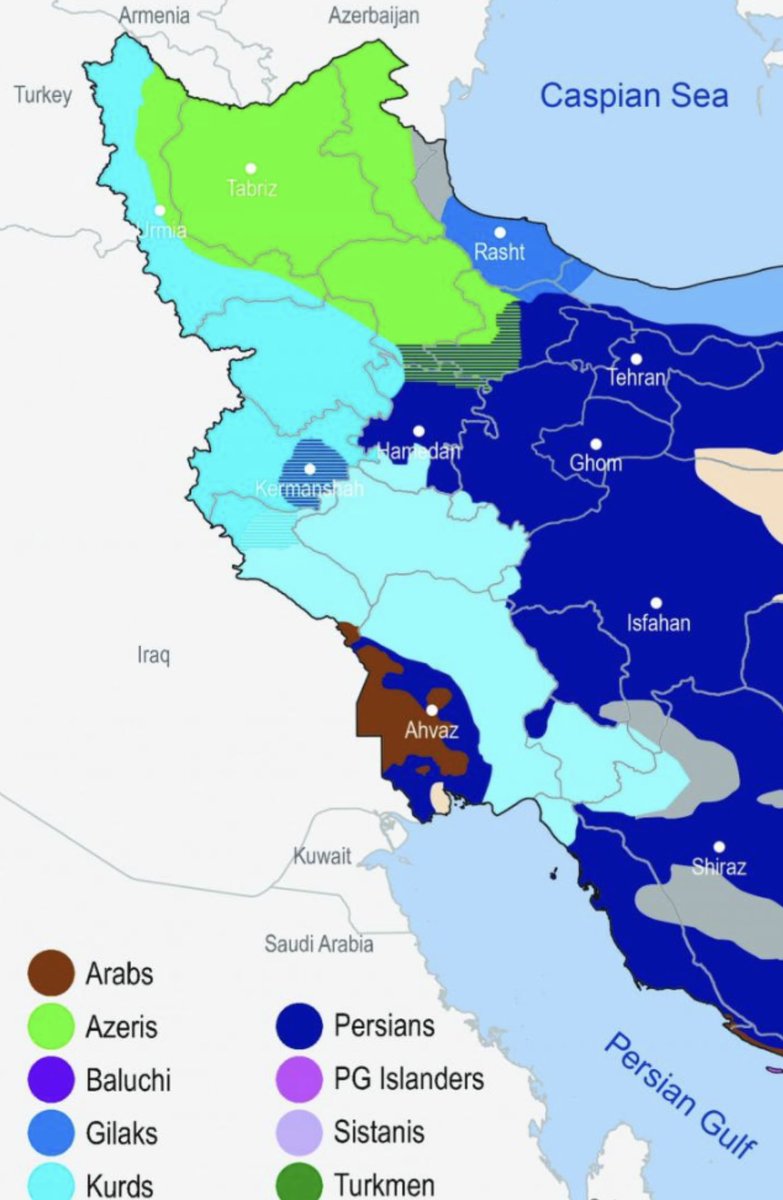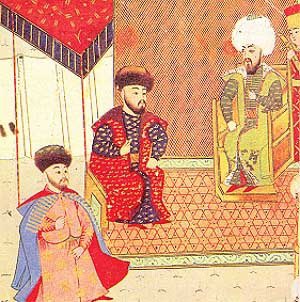New SAMP-T 🚀 talks (@NATO summit) confirms our preliminary @ENC_Europe research findings on 🇫🇷🇹🇷🇮🇹 security & 🇪🇺 cooperation.
Title: Is 🇪🇺🇹🇷 relationship worth saving? Why bilateral relations, defence and energy matter.
Thread 🧵 resume of research below ⬇️👇 [17 points]


Title: Is 🇪🇺🇹🇷 relationship worth saving? Why bilateral relations, defence and energy matter.
Thread 🧵 resume of research below ⬇️👇 [17 points]



First some context, what lay at the root of difficult 🇪🇺🇹🇷🇺🇸 relations (including defence):
•PKK/YPG/PYD threat
•Gulen in 🇺🇸 Pennsylvania
•🇹🇷Democracy/ROL
•🇹🇷 trade irritants/non-competitive practices
•Discovery of #Eastmed gas, UNCLOS & #JCPOA 🇮🇷 problems . . .


•PKK/YPG/PYD threat
•Gulen in 🇺🇸 Pennsylvania
•🇹🇷Democracy/ROL
•🇹🇷 trade irritants/non-competitive practices
•Discovery of #Eastmed gas, UNCLOS & #JCPOA 🇮🇷 problems . . .
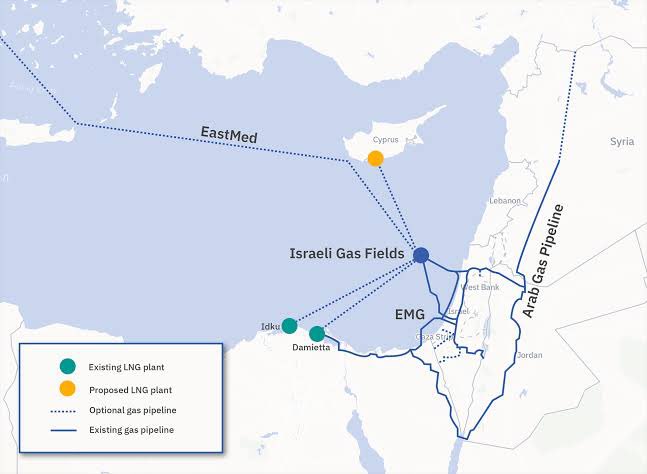


•🇹🇷 EU membership “diluting 🇪🇺” (🇫🇷)
•🇹🇷 MB sponsoring (🇫🇷)
•🇹🇷 #EastMed provocations & 🇺🇳Libya issue 🇫🇷⛴
•🇹🇷 unilateralism in Syria (🇫🇷)
•International systemic changes (🇺🇸🇨🇳)
•Iraq war and “strategic autonomy”
•S-400s, ☢️Akkayu and Blue&TurkStream ⛽️
•Cyprus 🇨🇾 . . .


•🇹🇷 MB sponsoring (🇫🇷)
•🇹🇷 #EastMed provocations & 🇺🇳Libya issue 🇫🇷⛴
•🇹🇷 unilateralism in Syria (🇫🇷)
•International systemic changes (🇺🇸🇨🇳)
•Iraq war and “strategic autonomy”
•S-400s, ☢️Akkayu and Blue&TurkStream ⛽️
•Cyprus 🇨🇾 . . .



So why is 🇪🇺🇹🇷 defence (🇫🇷🇹🇷🇮🇹 SAMP-T) gaining momentum ahead of 🇺🇸🇹🇷 defence?
The 🇺🇦🇷🇺 war pushes 🇹🇷 against 🇷🇺 due to #MiddleCorridor rivalry. This unites 🇫🇷🇹🇷, thereby allowing both to compromise on previous disagreements (Eastmed/Syria), which halted 2018 SAMP-T talks . . .



The 🇺🇦🇷🇺 war pushes 🇹🇷 against 🇷🇺 due to #MiddleCorridor rivalry. This unites 🇫🇷🇹🇷, thereby allowing both to compromise on previous disagreements (Eastmed/Syria), which halted 2018 SAMP-T talks . . .




And why does 🇹🇷 prefer to purchase 🇪🇺🇫🇷🇮🇹 defence? Because
i) SAMP-T EUROSAM Thales negotiations promise more tech transfer & better pricing than Raytheon Patriot Missiles
ii) Erdogan has a profound distrust of the 🇺🇸 compared to 🇪🇺 because Washington hosts Gulen etc . . .
i) SAMP-T EUROSAM Thales negotiations promise more tech transfer & better pricing than Raytheon Patriot Missiles
ii) Erdogan has a profound distrust of the 🇺🇸 compared to 🇪🇺 because Washington hosts Gulen etc . . .
What to expect now, in the aftermath of @NATO summit’s positive momentum (Mariupol 🇫🇷🇹🇷🇬🇷 collective evacuation agenda and 🇫🇷🇹🇷🇮🇹 SAMP-T)? . . . 



Firstly, the continuation of SAMP-T negotiations under EUROSAM with (potentially) more details and timelines soon.
If things improve further: expect 🇪🇺🇹🇷 cooperation in areas like S. Caucasus on border-management/infrastructure/investment EIB/EBRD & CSDP (#StrategicCompass). . .
If things improve further: expect 🇪🇺🇹🇷 cooperation in areas like S. Caucasus on border-management/infrastructure/investment EIB/EBRD & CSDP (#StrategicCompass). . .

Separately, 🇫🇷🇹🇷 could show renewed interest in reviving Sinop Nuclear ☢️ construction with 🇰🇷🇯🇵 despite pricing issues. Other options: 🇹🇷 renewed secular-diplomatic relations with Israel, Gulf & Egypt, as opposed to radical religious movements in Africa/Muslim Brotherhood . .
In terms of energy, it is not unlikely to see 🇹🇷 play a role in one of four spaces: Iran 🇮🇷 or Eastmed 🇮🇱🇪🇬 (could go either way..) are two main contenders: South Pars/Iran gas versus Zor, Aphrodite, Leviathan etc. Less likely but long-term options include Iraq & Turkmenistan . . 



An eventual 🇫🇷🇹🇷 rapprochement would likely kick-start a New 🇪🇺🇹🇷 Framework, which could then replace the ‘never-ending-accession-process’ and propose a more substantial alternative: credible, equal & long-term institutionalised and multi-sector Framework 🇪🇺🇹🇷 . . . 

Such an eventual 🇪🇺🇹🇷 framework would depend on 🇫🇷🇹🇷 bilateral ties improving. Based on EU27, the framework would likely prioritise a) energy, b) defence/security & c) full #CustomsUnionReform 🛃, which would add visa liberalisation, trade in services & regional supply-chains . . 







Despite such positive 🇫🇷🇹🇷 NATO momentum, the challenges are plenty, complex & intertwined.
🇫🇷🇹🇷 relations depend on many factors, but an important one is Turkey’s domestic environment. As K. Attaturk says: “peace at home, peace in the world” (Yurtta sulh, cihanda sulh"). . .
🇫🇷🇹🇷 relations depend on many factors, but an important one is Turkey’s domestic environment. As K. Attaturk says: “peace at home, peace in the world” (Yurtta sulh, cihanda sulh"). . .
Attaturk’s words apply when we analyse how 🇫🇷 sees 🇹🇷 in MENA/Africa: a balance between religious-tolerance & laicite is necessary in 🇹🇷 ’s domestic politics because it affects Ankara’s foreign-policy-alliances in with extreme religious groups and/or secular groups abroad. . . 



🇫🇷 is also waiting for 🇹🇷 to decrease tensions in the Eastern Mediterranean (which 🇹🇷 has successfully done in the past year) and now Paris wants Turkey to gradually decouple (funding, exiles, support) from specific extremist groups and especially MB in Egypt. . . 

In return, Paris 🇫🇷 will have to respect 🇹🇷’s legitimate security concerns on southern border with Syria. The 1998 Adana Protocol clearly outlines this & it’s a prerequisite for 🇫🇷🇹🇷. In their current form, PKK (banned in 🇪🇺) and YPG/PYD are part of a similar terror network . . . 



Provided that bilateral 🇫🇷🇹🇷🇮🇹 relations improve (due to defence contract negotiations & the points above) then Paris & Ankara stand a chance to rewrite 🇪🇺🇹🇷 relations. They would likely prioritise: #Security #PESCO #CUReform #GlobalGateway #EnergyDiversification #Migration . . 







Any new 🇪🇺🇹🇷 framework could also include #Digitalisation & #GreenDeal considering that 🇹🇷 finally ratified the #ParisAgreement 🌎♻️ in 2021. The 🇪🇺 EU’s promised 1-trillion-euro-budget 💶 is likely to be very transformative, dubbed the Marshal Plan of 21st century . . . 



Provided this all happens, what are the barriers left?
i) 🇹🇷 is expected to halt its uncompetitive practices & tackle trade irritants, while preparing itself for public procurement and making sure that it’s diverse domestic economic sectors are “on board” ahead of #CUReform . . .
i) 🇹🇷 is expected to halt its uncompetitive practices & tackle trade irritants, while preparing itself for public procurement and making sure that it’s diverse domestic economic sectors are “on board” ahead of #CUReform . . .
i) 🇹🇷 would finally need to uphold a degree of judicial independence, multi-party democracy & respect for 🇹🇷’s diverse cultural traditions (language,minority,laicite). This largely reflects 🇪🇺conditions & Turkish 🇹🇷 people’s demands for freedom, prosperity & stability today [END] 

Correction: MENA/Muslim Brotherhood
• • •
Missing some Tweet in this thread? You can try to
force a refresh





